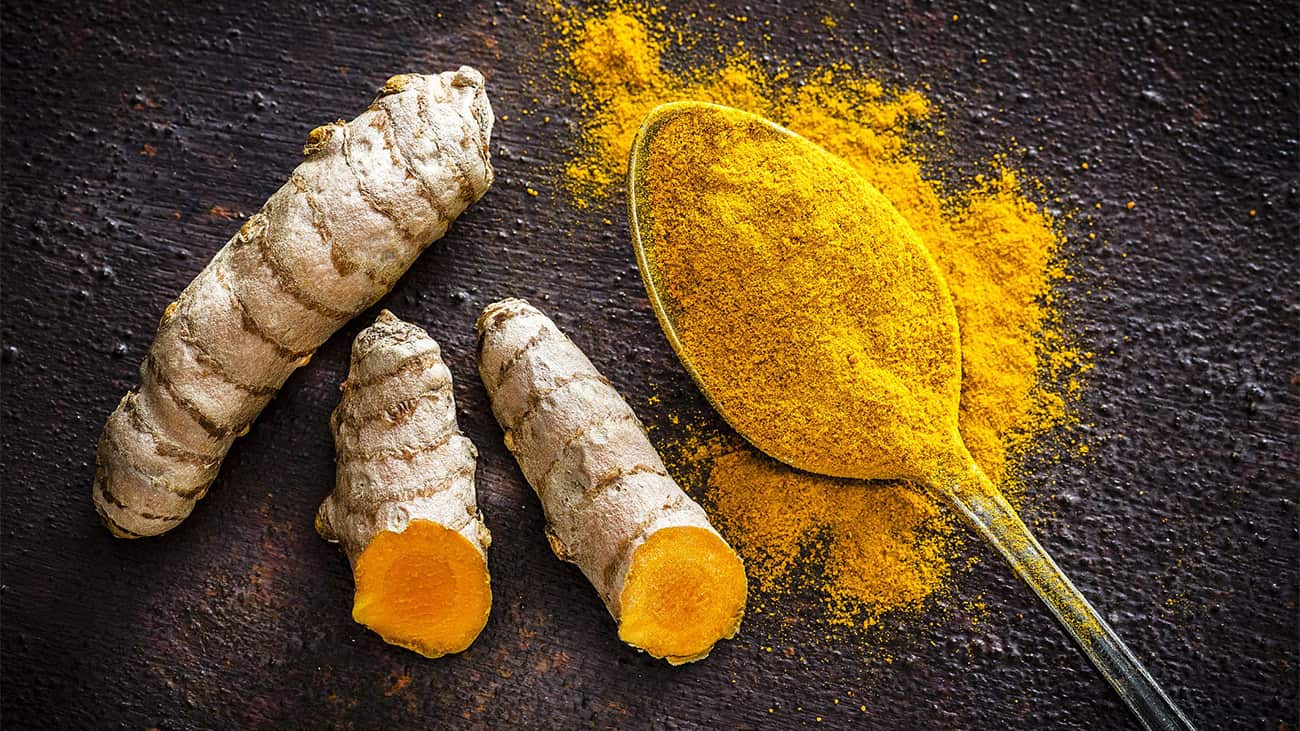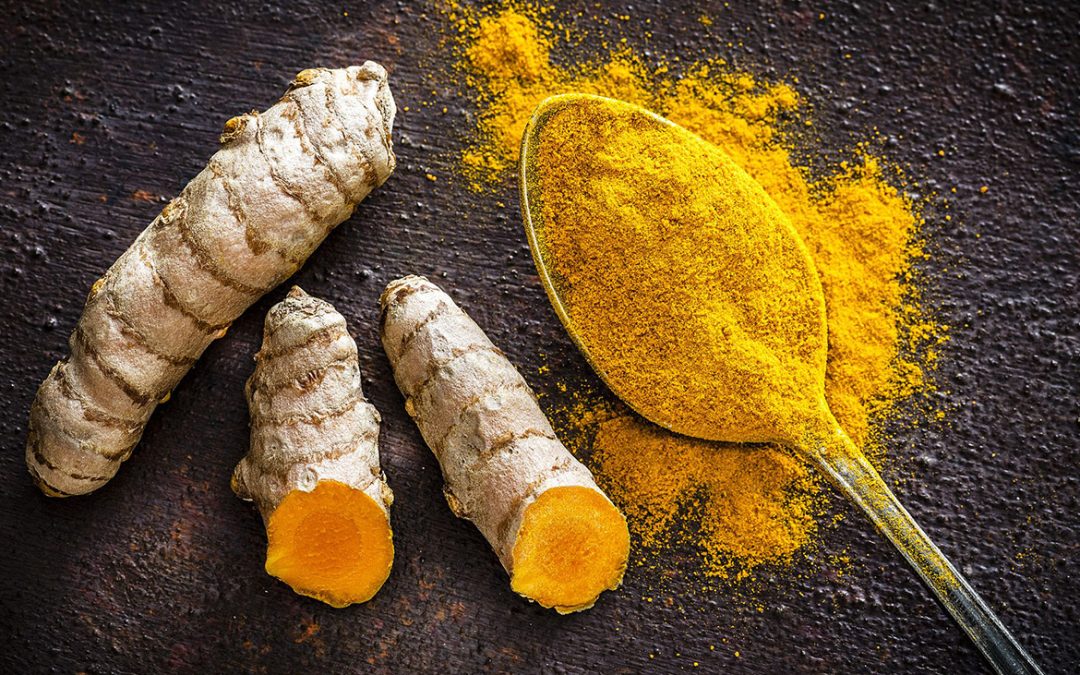
A member of the ginger family, turmeric offers a warm, spicy, and bitter taste to many savory dishes and medicinal benefits that fight diseases. And it’s all thanks to curcumin, which is responsible for the root’s yellow-orange color, the flavor, antioxidants, and anti-inflammatory properties.
Also tagged as the Indian saffron or golden spice, turmeric actually refers to the flowering plant called the Curcuma longa, and it is the rhizome that is edible and commonly used. It has been relied on for an array of dishes and beverages, from baked goods like muffins, soups, curries and stews, to rice, salad dressings, smoothies and lattes.
After the holiday binge, it’s nice to turn to turmeric not just for weight loss, but also for other health advantages.
It can help improve your memory.
A clinical trial showed that curcumin taken twice a day for 18 months enhanced the memory performance of adults.
It can reduce inflammation.
A medical foundation suggests taking 400-600-mg turmeric capsules up to three times per day to relieve aggravation in the joints.
It can help lessen pain.
As a supplement to medical aid, downing turmeric extract can reduce inconveniences from arthritis.
It can develop better liver function.
Because of its antioxidant properties, turmeric may help prevent your liver from being damaged by toxins.
It can lower the risk of heart disease and manage cholesterol.
A study participated in by 121 coronary artery bypass surgery patients showed a 65% decreased risk of heart attack after taking 4 grams of curcumin a day.
It helps fight depression.
It boosts levels of serotonin and dopamine, brain chemicals that regulate mood, and reduces the brain-derived neurotrophic factor, the protein that stimulates depression.
It fights cancer cells.
Laboratory research shows that curcumin kills cancer cells and helps stop its growth.


Recent Comments